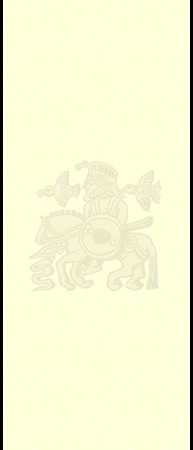



| Web site design and maintenance by Akikaze Media Services. All content of this site, unless otherwise noted, is copyright ©2001 Robert Bly. All Rights Reserved. Any duplication, in any form without the written consent of the copyright holder is prohibited. |
Some love to watch the sea bushes appearing at dawn,
To see night fall from the goose wings, and to hear
The conversations the night sea has with the dawn.
If we can't find Heaven, there are always bluejays.
Now you know why I spent my twenties crying.
Cries are required from those who wake disturbed at dawn.
Adam was called in to name the Red-Winged
Blackbirds, the Diamond Rattlers, and the Ring-Tailed
Raccoons washing God in the streams at dawn.
Centuries later, the Mesopotamian gods,
All curls and ears, showed up; behind them the Generals
With their blue-coated sons who will die at dawn.
Those grasshopper-eating hermits were so good
To stay all day in the cave; but it is also sweet
To see the fenceposts gradually appear at dawn.
People in love with the setting stars are right
To adore the baby who smells of the stable, but we know
That even the setting stars will disappear at dawn.
[First appeared in The Paris Review, #154, Spring 2000. Thanks to the editors for permission to reprint.]
This is from a sequence of 48 poems, each of them 18 lines long, which are based loosely on the Islamic ghazal form. In its classic form, each stanza stands alone–has its own landscape, so to speak–and the theme of the poem is never stated. So the reader has much more to do than he would be used to in the contemporary English poem. When the ghazal has its full development, each stanza in a given poem ends with the same word. This collection of poems will be published by HarperCollins in April of 2001.